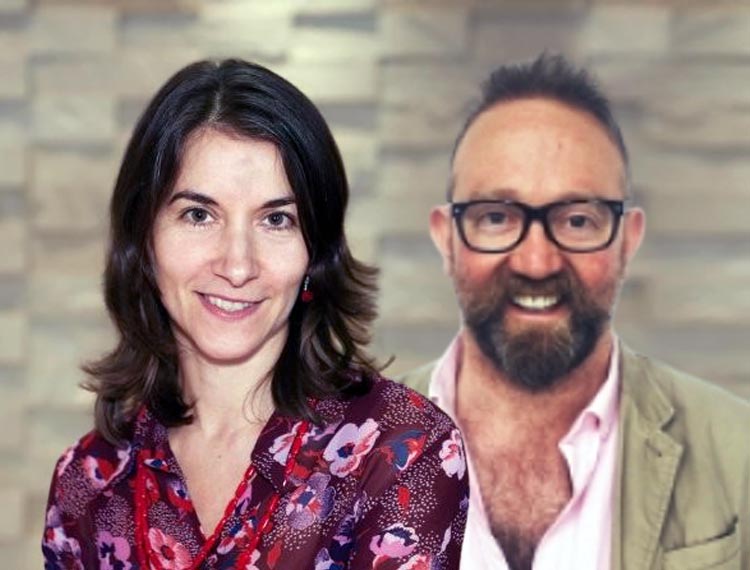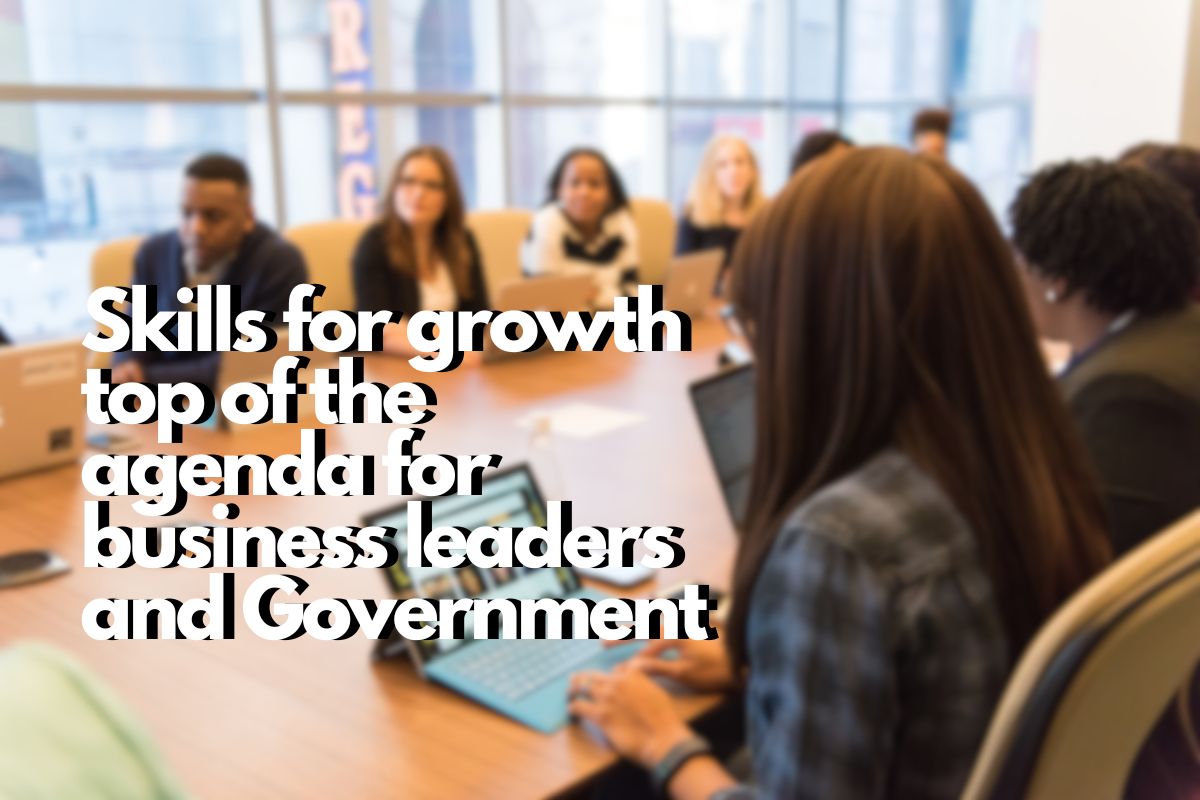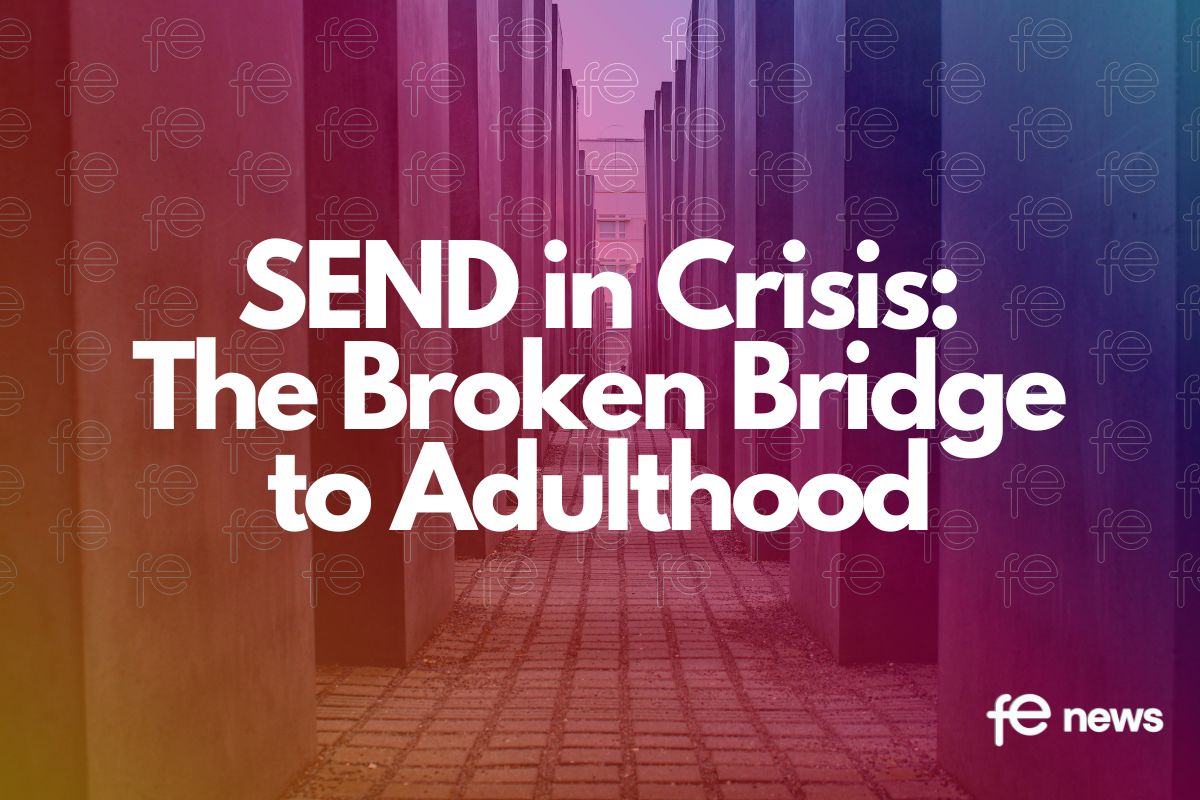Education for Sustainable Development in Higher Education

Impact on Teaching and Learning
Many higher education and further education institutions have declared net zero pledges – such as the Race to Zero – and signed up to the UN Sustainable Development Goals. They are busy greening their campuses, pondering the impacts of their investments and nudging their pension funds to signal their earnest engagement in a fossil free future. Yet, we are in a climate and ecological emergency and the core business of teaching and learning remains largely unchanged.
Student Pressure on University Teachers
Not unconnected, a burgeoning global youth climate justice movement is demanding that educators take meaningful action and young people report they are suffering from the mental and physical effects of eco-anxiety. Our own experience at The Open University shows that eco-anxiety can affect most age groups – mature and young learners alike – albeit in different ways. Teachers at all levels are also not immune and carry a special burden. We recognise something must change and quickly.
Sustainability in all University Teaching
Young people understandably want climate change to be ‘embedded’ across the whole curriculum because it affects our whole society. As core business, the curriculum is indeed one of the most powerful tools that the education sector holds for global collective good. Action on the core business of teaching and learning is included in the EAUC Climate Commission’s HE Toolkit and in QAA ESD guidance.
Semantics of Climate Change and Urgent Whole Systems Transformation
A big problem is the semantics of the phrase ‘climate change’. Students write it on placards, and Vice Chancellors pop it into press statements as if we all have a shared, workable, precise understanding of what it is and how to respond to it. We don’t. The term ‘climate change’ is a bundled, multi-faceted concept. It simultaneously means: global heating; increased frequency and intensity of climate extremes; water and food stress; migration; and regional and global conflict. It means history, culture and identity impacts. What we can agree on is that it is an emergency. Our responses must relate to both the urgency and the complexity of all these aspects.
University Teaching for Rapid Decarbonisation
The greening and embedding response doesn’t equate to an emergency mode response. Yes, sustainable development requires global scale transformations of our take-make-and- waste economies under an agenda of delicately balanced globalisation and localisation forces. This is an ongoing important project. It is the project – humankind can only flourish on a healthy planet. The education sectors’ slow response to the scientific facts it has itself produced must be addressed.
The first step is simple. It is a no regrets response and one that sits logically with the idea of a climate emergency. Teaching the skills needed to accelerate the radical and rapid decarbonisation of the global economy also places the higher education sector at the heart of this transition.
The next step is a new approach to teaching climate change in higher education, with a focus on the physical requirement for rapid decarbonisation and a temporary reorientation of the whole of the university curriculum to focus on technical measures called ‘Emergency Technocentrism’ (Harper and Peake, 2021, forthcoming). In other words, the shift from fossil fuels to renewables through careful, proactive, strategic planning based on macro- scale infrastructure transformation, not individual lifestyles.
Recommendation 1
Universities must align existing curriculum and teaching and learning strategy to focus on climate emergency skills for a climate-safe future. The incorporation of QAA ESD guidance in validation processes, the creation of new courses to respond to Government Skills Reviews, the use of the excellent multi-disciplinary resources available at Responsible Futures or in the rapidly evolving sustainability requirements of professional body accreditation will all help with this.
Recommendation 2
Universities must ensure all teaching staff receive climate literacy training so they can actively engage in whole systems solutions and transformation. The rapid roll-out of GDPR training sets a precedence in both resourcing and logistics for all-staff upskilling upon which the sector can draw.
Recommendation 3
In each HEI, the University Council, Vice-Chancellor, PVC Education, Senate, Students’ Association or Union and Chief Financial Officer must collaborate to include macro-scale infrastructure transformation within the core business of teaching and learning.
Victoria Hands, Sustainability Consultant and Stephen Peake, Professor of Climate Change and Energy, the Open University
Racing to Net Zero – the role of post-16 education and skills |
|
|
The UK needs comprehensive jobs and skills plan to successfully support and drive the transition to Net Zero. This is the conclusion of Campaign for Learning on publishing a new collection of expert views – Racing to Net Zero – the role of post-16 education and skills, This pamphlet brings together experts on Net Zero and post-16 education, skills and employment policy. The sixteen contributors offer real insights about how post-16 education and skills policy can support the race to Net Zero here in the UK. Contributors to Racing to Net Zero: |
|
| Shaun Spiers, Green Alliance | Greening the Economy, Greening the Environment |
| Stephen Evans, Learning and Work Institute | A more ambitious Net Zero ‘Economic, Jobs and Skills’ Plan |
| Paul Nowak, TUC | Workers, Skills and the Net Zero Economy |
| Duncan Brown, Emsi | The Demand for Green Jobs and Green Skills |
| Ewart Keep, University of Oxford | Labour Market Intelligence for Green Jobs and Green Skills |
| Jane Hickie, AELP | Filling Green Jobs with Level 2+ Apprenticeships |
| Calum Carson, ERSA | Filling Green Jobs through Employment Support Schemes |
| David Hughes, Association of Colleges | FE Colleges, Upskilling, Reskilling and Net Zero |
| Susan Pember, HOLEX | Adult and Community Education and Net Zero |
| Nick Hillman, HEPI | Universities and Net Zero |
| Bill Watkin, Six Form Colleges Association | 16-18 Education and Net Zero |
| John Widdowson, Former FE Principal | 16-18 Level 3 T Levels and Net Zero |
| Rebecca Conway, Federation of Awarding Bodies | Net Zero and the ‘Level 3 and Below’ Curriculum |
| Charlotte Bonner, Education and Training Foundation | Education for Sustainable Development and the FE Workforce |
| Adrian Anderson, UVAC | Green Jobs, Apprenticeships and Higher Technical Education |
| Victoria Hands and Stephen Peake, The Open University | Education for Sustainable Development in Higher Education |











Responses